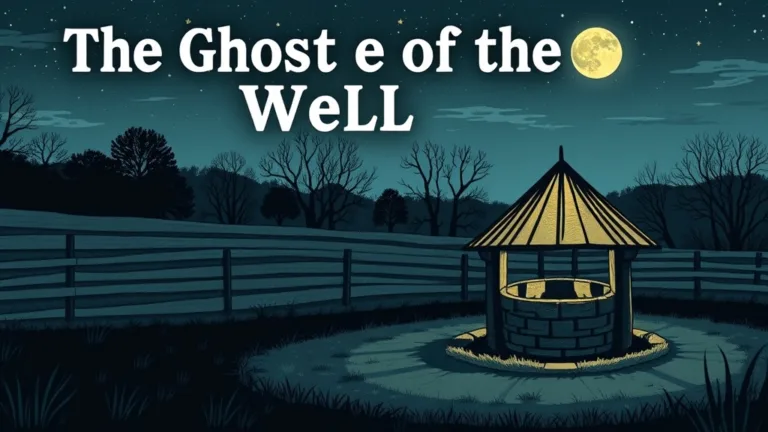In the midst of escalating tensions with Israel, Iran finds itself at a critical juncture, as concerns grow over a potential retaliatory strike following Iran’s missile attack earlier this month. Tehran’s leadership is scrambling to shore up diplomatic support from its Middle Eastern neighbors, aiming to reduce the intensity of Israel’s response or, in the worst-case scenario, secure protection from the fallout. These efforts reveal a deep anxiety within Iran’s government, as uncertainty looms over Israel’s potential targeting of Iranian nuclear sites and oil facilities.
Iran’s Proxy Challenges: Hezbollah’s Struggles
A key factor behind Iran’s growing nervousness is the weakened state of Hezbollah, its most crucial proxy militia in the region. Israeli military operations in Lebanon over recent weeks have significantly diminished Hezbollah’s operational capacity, leaving Iran with fewer tools to influence events on the ground. This vulnerability comes at a time when Iran would normally rely on Hezbollah to counterbalance Israeli aggression, making the current situation even more precarious for Tehran.
US Influence on Israel’s Response: A Delicate Balance
The United States has been actively engaged in discussions with Israel over its response to Iran’s October 1 attack, urging caution and advocating for proportional retaliation. US President Joe Biden, in a recent call with Israeli Prime Minister Benjamin Netanyahu, emphasized the need for restraint, particularly when it comes to targeting Iranian nuclear sites or oil facilities. These are strategic assets for Iran, and any damage to them could provoke a far-reaching conflict with severe consequences for the entire region.
However, the widening gap between US and Israeli positions on Iran is cause for concern. Israel has increasingly taken independent actions in its military operations, disregarding American calls for moderation. This dynamic was evident when Israel launched a large-scale attack on Hezbollah communications infrastructure without consulting the US, followed by the assassination of Hezbollah leader Hassan Nasrallah. These moves have raised tensions and disrupted diplomatic efforts led by the US and France.
Regional Implications: Gulf States on High Alert
As Israel and Iran continue their tit-for-tat exchanges, the Gulf states, including the UAE, Bahrain, and Qatar, are increasingly worried about the potential economic and environmental fallout of a broader conflict. These countries have communicated their concerns to both the US and Iran, cautioning that any strike on Iranian oil facilities would have far-reaching consequences. Iran’s neighbors, while cautious not to involve themselves in the conflict, are determined to protect their airspace from being used in any Israeli attacks. Saudi Arabia, the UAE, Qatar, and Jordan have all refused to allow their airspace to be used for strikes on Iranian targets.
The US’ Waning Influence and the Risk of Escalation
One of the most troubling aspects of the current situation is the apparent decline in US influence over Israeli decision-making. While the Biden administration has worked tirelessly to prevent a full-scale conflict, Israel’s increasing willingness to act unilaterally, particularly in its operations in Lebanon and Gaza, has complicated efforts to de-escalate the situation.
Both the US and Iran recognize the high stakes of the current standoff. The Biden administration is deeply concerned that ongoing hostilities between Israel and Iran could spiral into a major regional war, dragging the US into a conflict it has long sought to avoid. Meanwhile, Iran is wary of being entangled in a direct confrontation with Israel, particularly given its precarious economic situation and the weakened state of Hezbollah.
Diplomatic Channels and Regional Consultations
Iran is not entirely without options, however. In recent weeks, Tehran has engaged in urgent consultations with regional powers, particularly Saudi Arabia. Iranian officials are hoping to leverage Saudi influence with Washington to prevent an Israeli strike on their nuclear facilities and oil fields. Iran’s Foreign Minister Abbas Araghchi has been vocal in his attempts to garner regional support, accusing Israel of seeking to provoke a war for domestic political reasons.
Despite these efforts, the outcome remains uncertain. The US has been communicating with Iran through backchannels, urging restraint and calling for calibrated responses in the event of Israeli retaliation. However, American officials acknowledge that they are unsure how Iran will react, especially given the internal divisions within Tehran over how to handle the growing crisis.
The Calm Before the Storm?
For now, all eyes are on Israel, waiting for its next move. As Israel pauses its operations to observe Yom Kippur, the Jewish Day of Atonement, the region holds its breath, bracing for the possibility of further escalation. While this temporary pause offers a brief respite, the broader dynamics at play – Iran’s diplomatic maneuvering, the US-Israel divide, and the precarious position of Hezbollah – suggest that the Middle East could be on the brink of a major conflict.
The days and weeks ahead will be crucial in determining whether diplomacy can prevail or if the region will slide into a broader war that could have devastating consequences for the entire Middle East.



